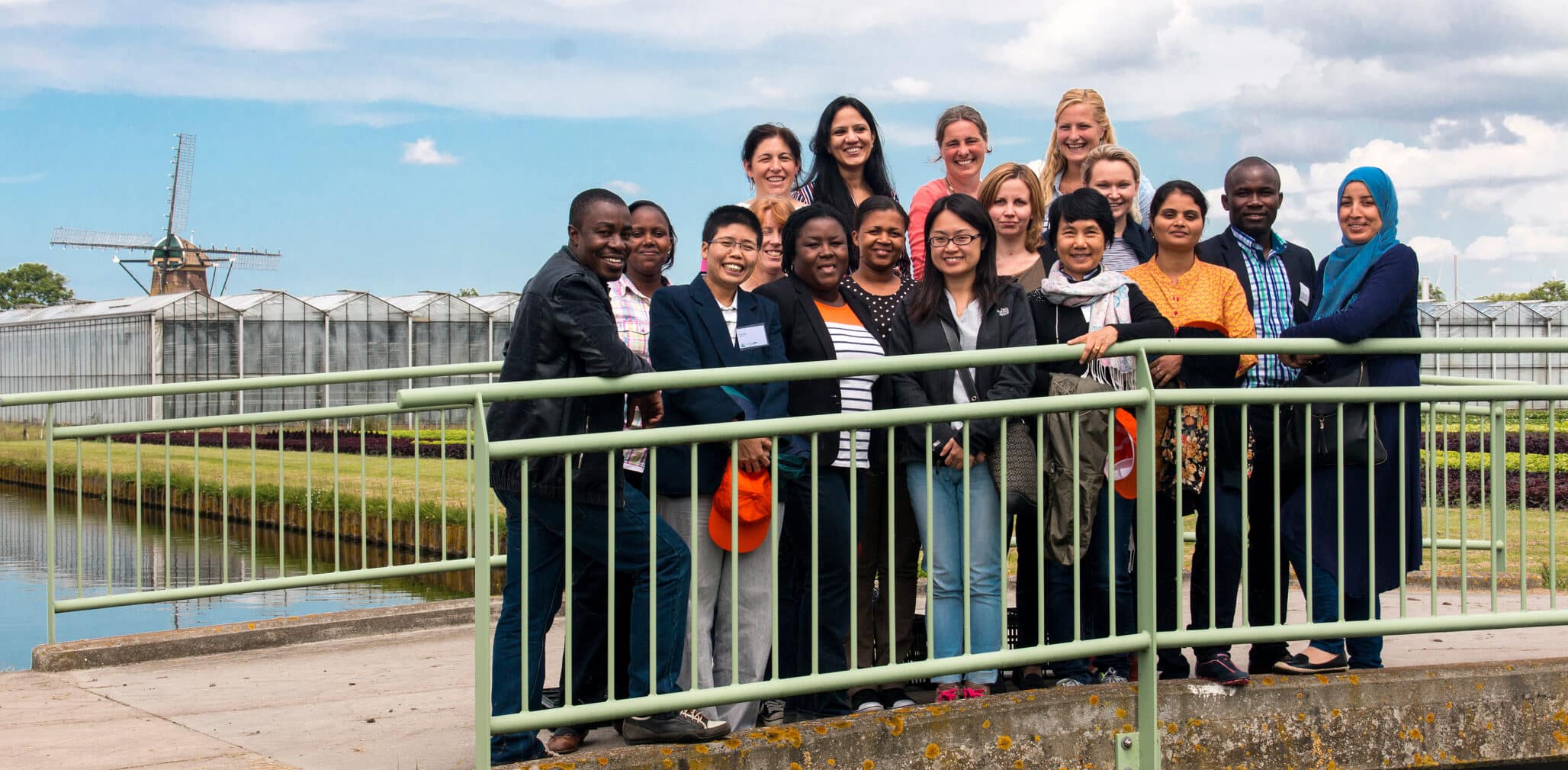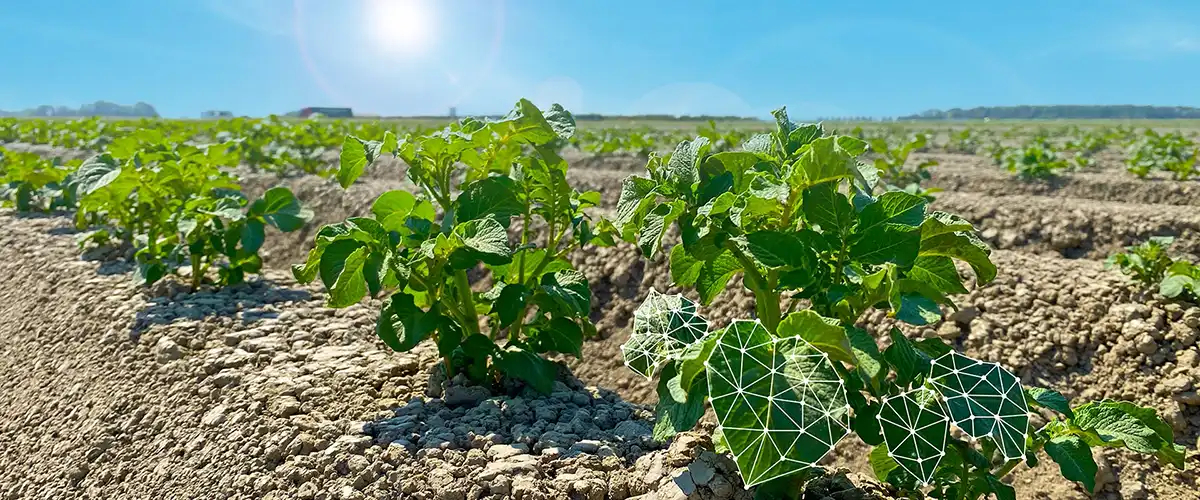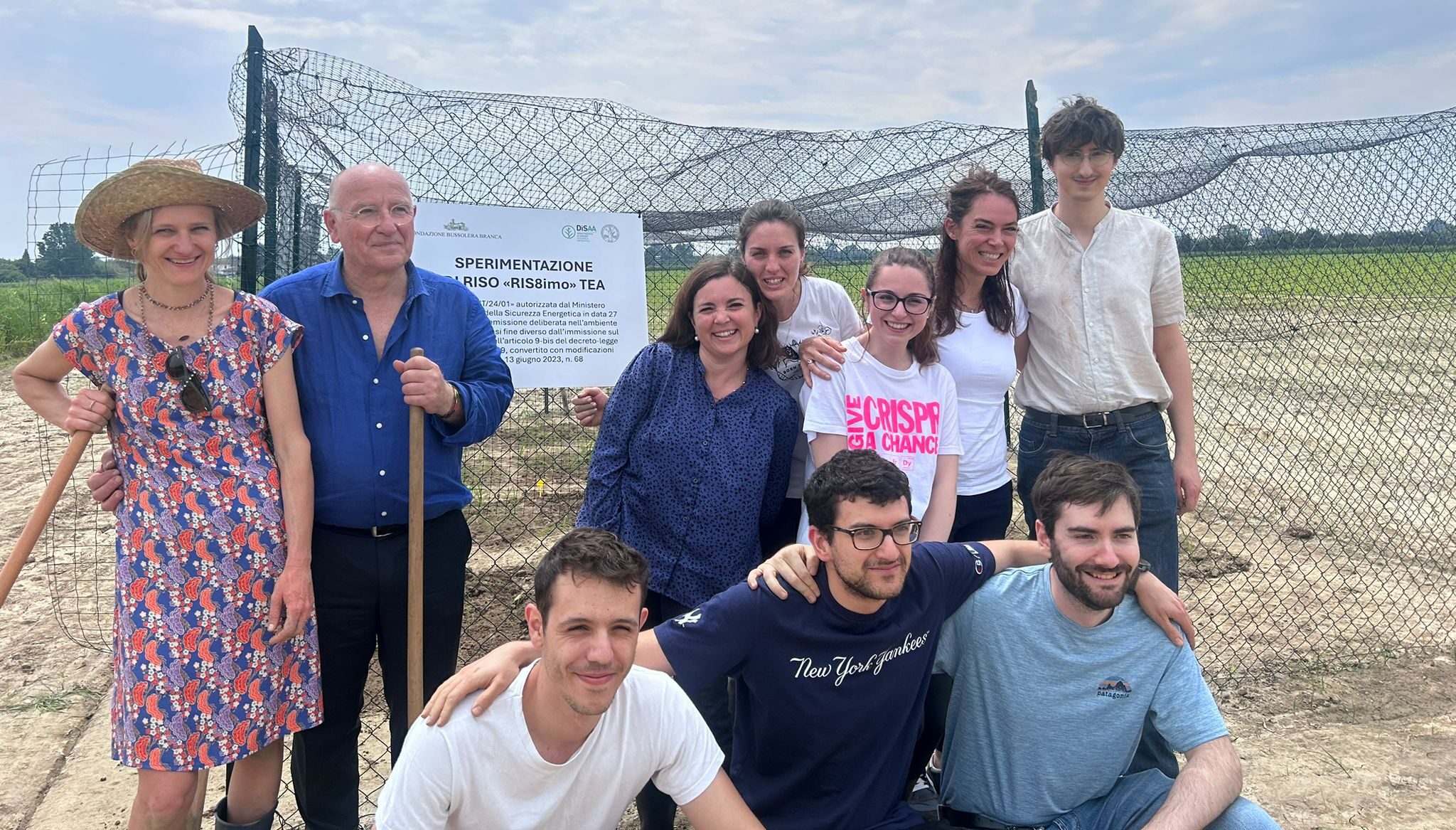New courses on Plant Breeders’ Rights for Food Security and Economic Development.
Plant variety protection (PVP) is an important tool for breeding companies to protect their new varieties. And studies have shown that having an effective system of plant variety protection in a country, encourages the development of new varieties of plants, and contributes to the development of agriculture and horticulture for the benefit of society. For many years, the Netherlands Inspection Service for Horticulture (Naktuinbouw) is offering a course to learn more about PVP and how best to apply it within a breeding company. Seed World Europe checked in Laura Piñán González, International Project Coordinator at Naktuinbouw to find out what changes have been made to their PVP course.
Seed World Europe (SWE): Laura, can you explain in a nutshell what the course entails?
Laura Piñán González (LPG): The course “Plant Breeders’ Rights for Food Security and Economic Development” provides an in-depth understanding of the key aspects of the UPOV Plant Variety Protection (PVP) system. It covers the importance and benefits of a plant breeders’ rights system, the legal framework, the UPOV convention, administrative processes, a detailed analysis of the technical aspects of DUS (Distinctness, Uniformity, and Stability) examination, and the enforcement of rights and exemptions.
SWE: What are the changes compared to previous editions?
LPG: Although the program has been successfully offered as a two-week onsite course in Wageningen for two decades, inflation and other practical challenges prompted us to develop new formats to better meet the needs of our audience.
The program is now available in two distinct learning paths, each offering a different experience. Participants can choose the option that best suits them:
- An individual, self-paced online program consisting of eight modules, totalling approximately 80 hours of study.
- A blended program, in which a group of 15 international participants takes part in seven weekly online sessions and e-learning modules, followed by a one-week, onsite program in The Netherlands. This onsite portion includes excursions, case studies, and role-playing activities, creating an inspiring and diverse learning environment. It also provides opportunities for participants to connect with colleagues and companies from around the world.
SWE: Why was it necessary to develop this course in the first place?
LPG: This course was developed to address a critical gap in the plant variety protection (PVP) system. While many countries focus on establishing PVP laws, the real challenge lies in their implementation. Legal frameworks are essential, but without proper enforcement, the laws may remain ineffective. This course equips professionals with the expertise to navigate and implement the system from start to finish.
Whether participants work in the public or private sector — whether in legal, administrative, policy, or executive roles—they require a deep, practical understanding of how the PVP system operates in practice, not just in theory. By emphasizing implementation, this course ensures that PVP laws are applied effectively, leading to real-world impacts in protecting plant varieties.
SWE: PVP covers several current hot topics where breeders have concerns, such as essentially derived varieties, confidentiality of molecular information, propagating and harvested material, and smallholder farmers. How does the course address these issues?
LPG: In this course, we tackle these hot topics by presenting multiple perspectives, including those from seed companies, legal experts, and policymakers, ensuring a balanced discussion of both sides of the issues.
Each of these topics is explored in-depth, although their practical implications may vary depending on national-level implementations of PVP laws. We encourage participants to engage with us directly by asking specific questions related to their own contexts. This allows us to provide tailored guidance and solutions, ensuring that the course remains relevant and applicable to their individual situations.
By fostering dialogue and exchange, participants gain a comprehensive understanding of these pressing topics and are better equipped to address them in their professional roles.












